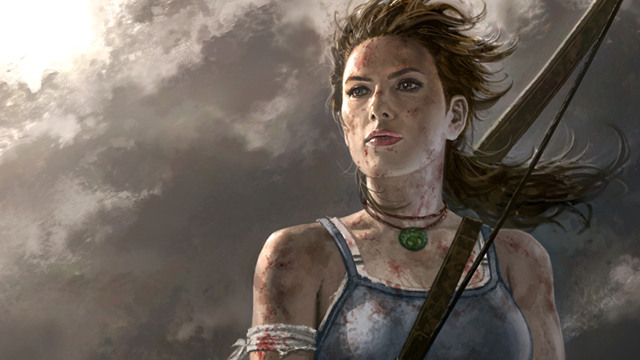Even with the success of American media in Japan, such as music and movies, Wester-born video games have never (really) done well in the Japanese market. American-made consoles such as 3DO and Xbox never seemed to attract customers in massive numbers, with even popular games like Lord of the Rings often vanishing in the Japanese market. But what factors could be at play for such a gulf in demand between Japan and the west? Are cultural factors the main culprits of this issue, or is there something else beyond the horizon?
Stay with us as we explore this conundrum and go through all the factors that could impact this matter.
Licensing & POVs
One potential issue is, of course, licensing. In the west, consumers often want games that tie to other popular and commercial intellectual properties. Think of Harry Potter or professional athlete John Madden, and you will soon understand why. However, the laws differ, and obtaining the same license is not a walk in the park. Another issue may be the type of game as well. Titles like Doom, Half-Life, and Halo have all enjoyed massive success in the West. But this is not the case with Japan. These games already come with two strikes on them, even before they enter the market.
In addition to violence, first-person shooters are avoided and even shunned in Japan. Popular in the West, as well as violence, these traits don’t suit the video game consumer in Japan, as a lot of Japanese people resent the idea of shooting another human being, be it though virtual.
But still, even with the success of games on the Japanese market, such as Halo and Medal of Honor, the gulf in taste appears to be large between Japanese and Western gamers.
Is it Clash of Cultures?
Even though US games don’t do well in Japan, Japanese games dominate the Western Market. Sega, Namco, and Square all have bestsellers in the West, with hits like Pokemon, The Legend of Zelda, Super Mario, etc.Now it’s fair to say that there are some pleasant surprises, as an unlikely game made its way into the hearts of Japanese gamers. Grand Theft Auto, a game that wasn’t expected to do well in the Japanese market, did surprisingly well, catching almost everybody off guard. A popular feature, incorporating mini-games into the larger game, such as the best casino games for Japan, was viewed in a positive light by the gaming community of GTA.
An insight into Japanese gamers, Hideo Kojima, creator of the popular series Metal Gear Solid said the following: “Japanese players do not like being thrown into an arena in which they are given very little instruction. You can head in any direction, 360 degrees. They say, ‘What am I supposed to do? Give me hints. Provide me service instead of just throwing me into this arena.”
Varying Interpretations of Violence
The Japanese public usually likes games from the strategy and fantasy genre, as well as role-playing games, whereas the west usually prefers sports and shooter-type games. Even when it comes to fighting games, a genre represented well in Japan and the US, the tastes can differ in violence. Of course, this all depends on how we define violence. For example, Street Fighter from Capcom is a widely popular arcade-style game, both in Japan and the US. And even though the game blends physical violence with supernatural attacks, the game paled in comparison to the US alternative – Mortal Kombat.
A game in the same vein as Street Fighter, Mortal Kombat went a step further in turns of physical violence, showing blood upon impact and fatalities that include ripping out opponents’ organs. We could say that extreme violence is definitely something not so popular in Japan.
Overall, where Western games have expanded to action games, Japanese consumers prefer a different approach to gaming. Storytelling, a detailed setting, and a tight narrative are the way to go for gamers in the Japanese market. Mix a little anime into it, and you’ve got gold.
Final Thoughts
Whether it’s licensing issues, extreme violence, or personal preferences, it seems as though the gulf between Japanese and Western gamers is still a significant thing that persists in the world of gaming. But that doesn’t have to be the end of it. Knowing the preferences of the Japanese market better and the success of certain Western games in this market, there is hope for the two gaming worlds to collide. With some tweaks in storytelling and milder violence representing some of the key elements in success on the market, these seem like obstacles that can be surpassed.










![[Rumor] Chrono Trigger remake or remaster could already be in development](https://vgleaks.com/wp-content/uploads/2026/02/chrono-trigger-150x150.jpg)


